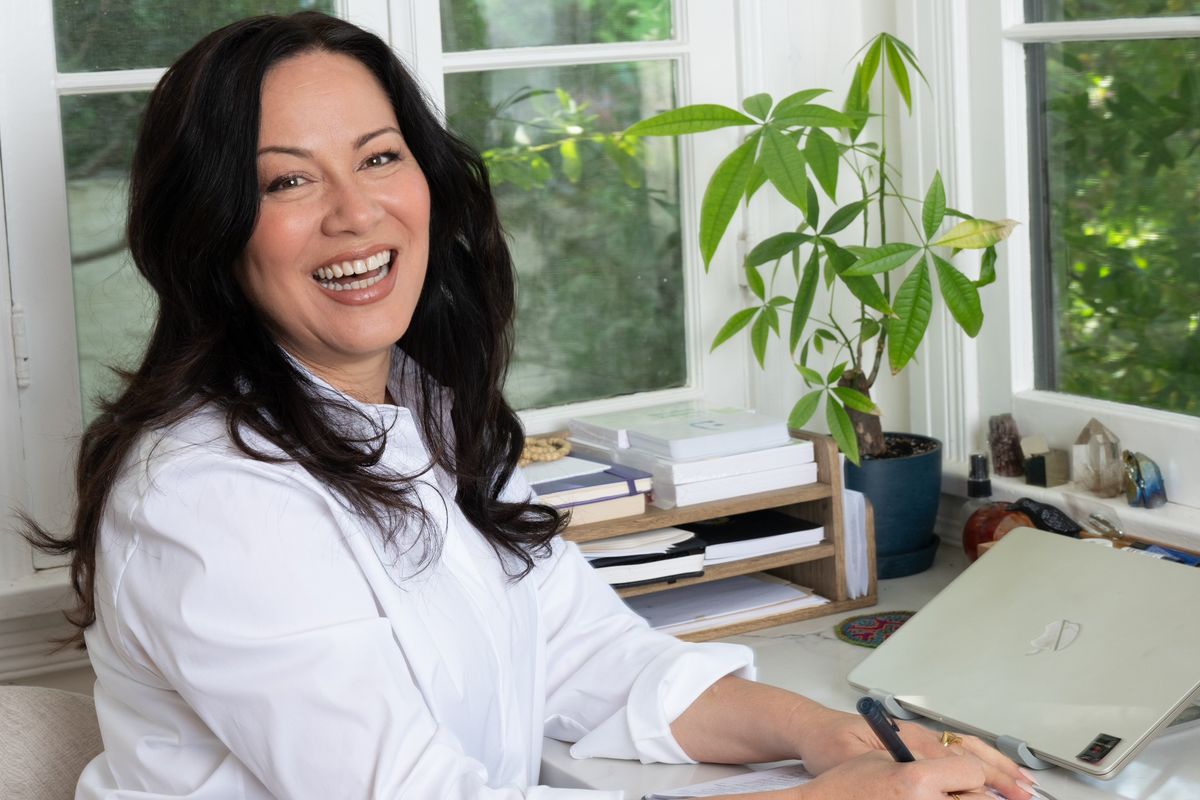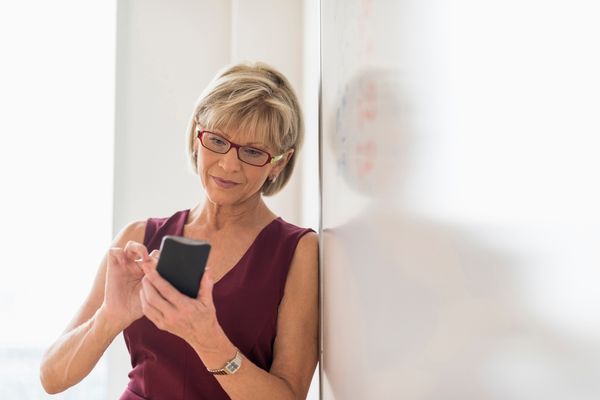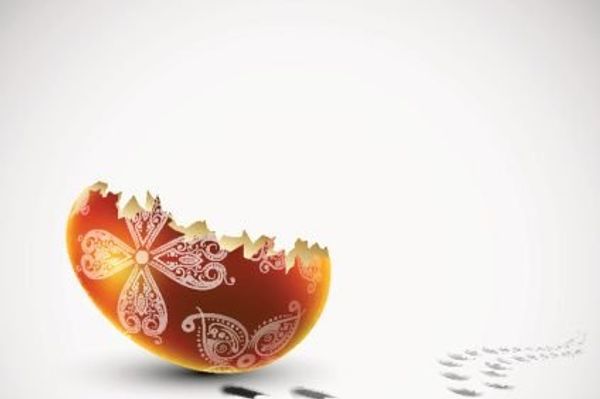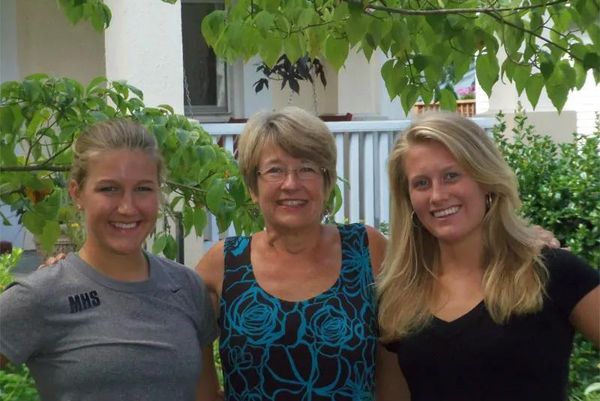New York Times bestselling author, educator, martial artist and CEO of The Bruce Lee Foundation, Shannon Lee, is a force with the grace of a butterfly. Her latest book, Be Water, My Friend, explores her famous father’s philosophies about personal growth. That experience may have helped prepare her for when her daughter, Wren, left home for college. But she still recalls a feeling of confusion standing alone in a grocery aisle.
“I literally couldn't think of what to buy. I had never bought food just for me. [Wren] was always first and foremost on my mind,” she said.
Lee has followed her father’s path as a spiritual guide and creator, which has helped her develop awareness and acceptance in becoming an empty nester. We spoke with Lee about the mindset she’s adopted, which has shifted her perspective; nourished her mind, body, and soul ; and allowed her to grow in new directions.
This interview has been lightly edited for clarity and length.
HealthyWomen: How has your relationship with time and space changed since becoming an empty nester?
Shannon Lee: Any transition is challenging, even the good ones, because it's a change in what your experience is.
Interestingly, when I became an empty nester, I was both sad to be away from my daughter, and excited for her and myself. I suddenly had all this time and space to challenge myself to make meaningful use of it.
HW: How did moving into this life phase affect your emotional well-being?
Lee: You know, I work really hard to stay centered and to adopt the most useful perspective for me. I divorced from my daughter's father when Wren was 5, and I remember the first Christmas I didn't have her with me. I was at home, feeling sad, and then I realized I could sit in the living room, wrap the presents, put on a movie and enjoy my time. So, it's just a shift in the story I'm telling myself. She came the next morning to celebrate the holiday with me, but I didn't have to get up at 6 a.m. I could enjoy my process a little bit more. It’s the same as an empty nester. When I'm feeling sad or lonely or tired, I ask myself, “What's at the heart of that? How can I lean into the shift? Do I want to call her or go for a walk?” It’s really about checking in with myself regularly and learning how to reach for a new narrative that’s different from the one that's bringing me down in the moment.
HW: How has it shifted your relationship with your daughter?
Lee: My daughter and I are super close, which is great. I have to remember that she is a baby adult experiencing life, and not to be on her all the time. That doesn't mean I don't call or text her just to say hi, but I want her to have her space and reach out when she thinks of me. If I haven't heard from her in a week, then I'll check in. This also allows me to have experiences separate and apart from her. I can think, “Is there a trip I want to go on? How am I feeding or not feeding my soul?” When I'm on my fifth hour of Netflix and I'm feeling like a sloth on the couch, I know that I'm not feeding my soul.
HW: Many people know your father was a martial artist and an actor, but they may not be as aware that he was also deeply spiritual and philosophical. Which one of your father's philosophies applies to this time in your life?
Lee: I stumbled upon a quote in his writing that helped me tremendously when I was suffering from the loss of my brother and again during this time. He said, “The medicine for my suffering I had within me from the very beginning, but I didn't take it. My ailment came from within myself, but I did not observe it until this moment. And now I see if I am to find the light, I must be like a candle and be my fuel, consuming myself.” It’s the idea that I'm in charge of my own well-being. And that comes from being my fuel, igniting my spark and releasing what no longer serves me.







